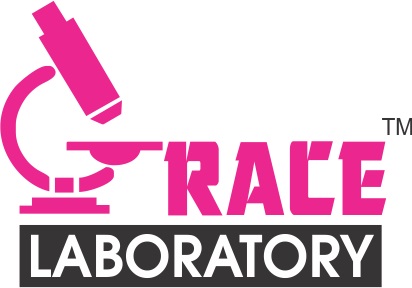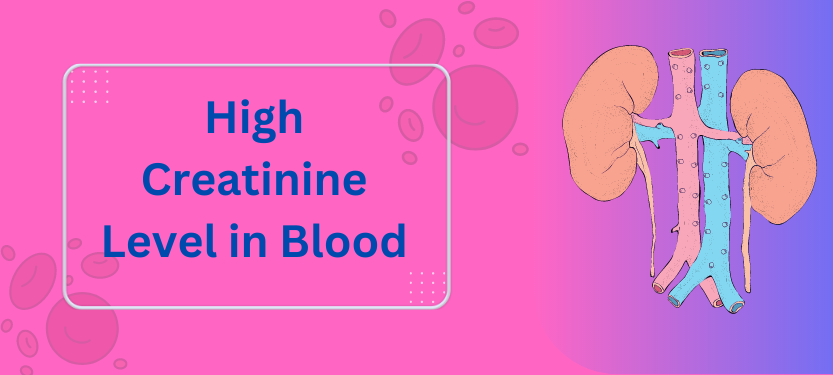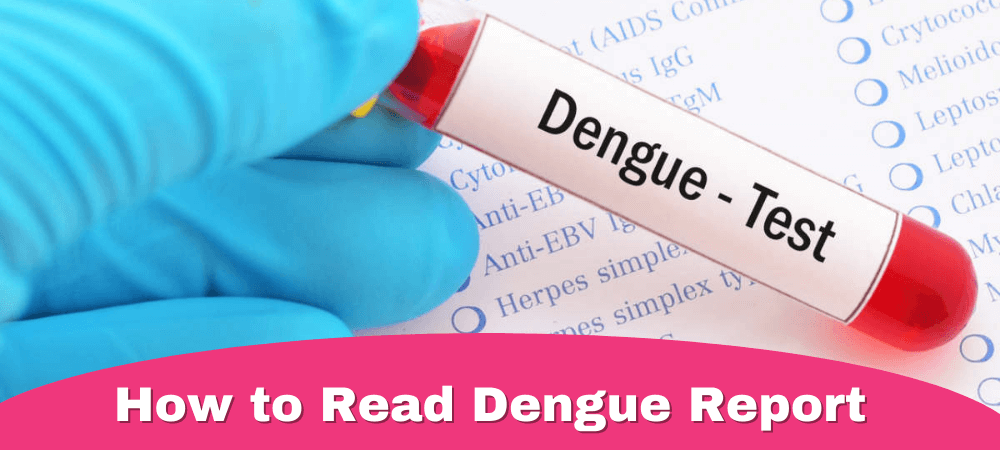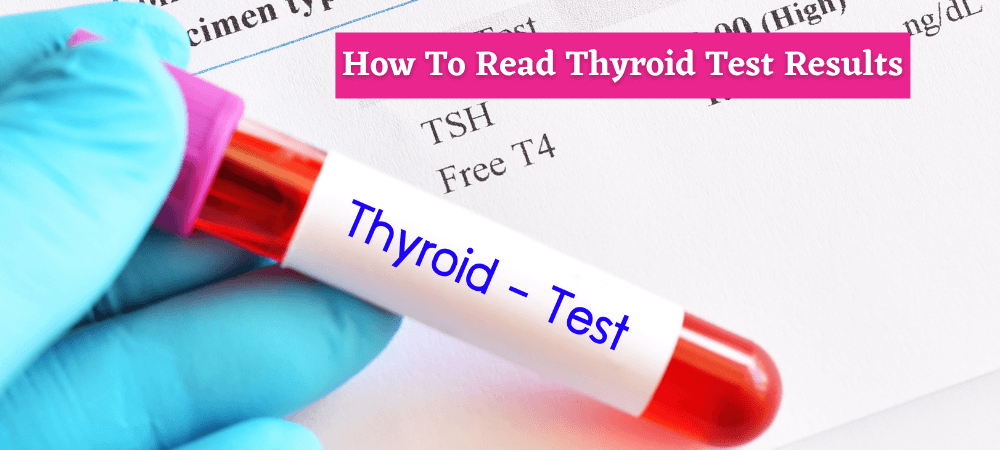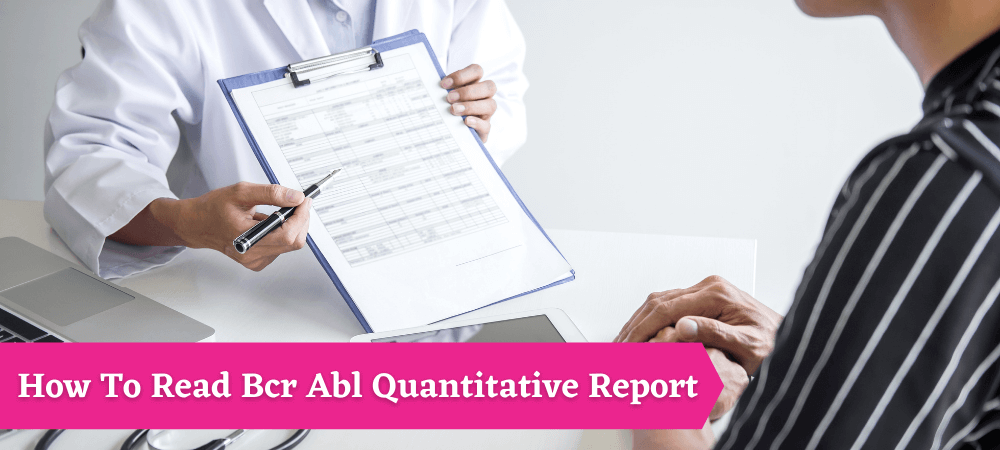High creatinine level in blood indication of hypercreatininemia. It is an important indicator of potential kidney injury or decreasing kidney functionality. Muscle metabolism generates the
waste product calls creatinine. Generally, the kidney filters creatinine out of the blood and releases it through urine. High creatinine levels may indicate decreased kidney filtration possibly as a
result of chronic kidney failure. In order to develop efficient treatment plans. You need to consult a medical expert for your kidney health and increased creatinine levels.
What happens if the creatinine level is high?
When the creatinine level is high in the blood, it could mean that the kidney is not working properly, which can be caused by a number of diseases, including chronic diseases like diabetes, hypertension, kidney infections, kidney stones, glomerulonephritis, and other diseases. High creatinine levels have the potential to harm the kidneys and compromise general health if it is unchecked. It is important to seek doctors because they will take the additional test to find the actual reason and will advise suitable medicine to treat the kidney problem and restore proper kidney function.
Here are the possible reasons for high creatinine levels listed below:
Kidney Dysfunction: In many cases, high creatine levels are a symptom of kidney dysfunction, which leads to poor kidney function. If the kidneys are unable to filter and eliminate creatinine properly, it can build up in the bloodstream.
Acute Kidney Damage: High creatinine levels can be a sign of acute Kidney damage, which is a quick reduction in kidney functionality. It is often caused by conditions like dehydration, infections, specific drugs, or reduced blood flow to the kidneys.
Chronic Kidney Disease: A consistently high creatinine level may be a sign of chronic kidney disease that develops over time. It is a condition that develops over time and is stated by a continuous loss of kidney functionality. It creates numerous diseases such as diabetes, hypertension, autoimmune diseases, and specific hereditary defects that lead to Chronic Kidney Disease.
Obstruction of the Urinary Tract: Blockages in the urinary tract such as kidney stones or tumors can cause a decrease in urine flow. It is resulting a rise of creatinine levels.
Rhabdomyolysis: it is a disease that causes excessive levels of myoglobin and creatinine to be released into the bloodstream as a result of the breakdown of muscle tissue. Serious muscle damage, crush injuries, or specific drugs can all result in rhabdomyolysis.
High-Protein Diet: A high-protein diet can significantly increase creatinine levels because creatinine is a byproduct of the metabolism of proteins.
It is crucial to remember that high creatinine levels by itself cannot make a diagnosis. To properly identify the real reason for increased creatinine levels, additional inspection, including kidney function testing, urine analysis, and medical history.
Triglyceride is a fat cell type used by the body for energy. It is formed in the liver and consumed from food. Triglycerides store unutilized calories.
After eating, excess calories turn into triglycerides and get stored as fat. As and when you require energy, hormones release triglycerides.
Causes of high creatinine levels in the blood
There are a number of elemental causes for high blood creatinine levels, but kidney function is the major one. The kidneys remove creatinine from the blood. Creatine organs are impaired when creatinine levels rise excessively. The kidneys can be temporarily impaired by acute illnesses such as kidney infection, blockages in the urinary tract, or dehydration.
Higher creatinine levels can also be a side effect of chronic kidney disease, which often comes from diseases like diabetes, hypertension, or glomerulonephritis. Increased creatinine levels can also be caused by some drugs, a high protein diet consumption, severe exercise, and other medical conditions.
Addressing the underlying cause of high creatinine is important for proper identification and appropriate management, helping healthcare professionals to address the issue and avoid potential kidney damage.
Symptoms of high creatinine level in blood.

It’s possible that increased blood creatinine levels on their own don’t always result in obvious symptoms. A high creatinine level is a sign of kidney disease or insufficient kidney function. Kidney issues may be detected by variations in urination patterns, such as regular urination, reduced urine production, or darker urine, which may be signs of kidney disease.
Swelling in the legs, ankles, or face is known as fluid retention. Reduced kidney function and the accumulation of toxic substances in the bloodstream can cause tiredness, weakness, and breathlessness. Extreme circumstances may lead to vomiting and hunger loss.
It is important to take advice from doctors if any of these symptoms occur because a high creatinine level can indicate major kidney disease. This will enable an early evaluation and quick therapy to address the actual disease and avoid future kidney damage.
Diagnosis of high creatinine level in blood.
A number of medical tests are required to identify high blood creatinine levels in order to determine the main cause and how it might impact kidney function. The level of creatinine in the blood is detected by a blood test called the blood creatinine test. High creatinine results may indicate potential kidney disease or damaged kidney function.
Additional tests, such as urine analysis, kidney radiology (such as ultrasound or CT scans), and glomerular filtration rate (GFR) analysis and can give a complete picture of kidney health. This testing method helps physicians identify if high creatinine levels are produced by acute illnesses, chronic kidney damage, or other causes.
The right evaluation is essential for the treatment methods that treat the main issue. Additional kidney damage, and restore normal kidney function. An expert medical evaluation and management are needed for an effective diagnosis and treatment.
How to decrease the Level of Creatinine in the Body?
To reduce elevated creatinine levels in the body, medical treatments are frequently combined with dietary changes. Kidney disease is typically associated with increased creatinine levels, so finding the root cause is important. Doctors may prescribe medications to treat underlying illnesses such as diabetes, high blood pressure, and infections.
Nutritional modification, such as decreasing the protein diet and limiting the amount of foods high in creatinine that are eaten, can also reduce the pressure on the kidneys. To support kidney function and assist in fluid removal, It is important to maintain hydrated. Keeping a healthy weight and exercising regularly can improve kidney health in general.
Diet changes, such as reducing protein consumption and avoiding meals high in creatinine. It reduces the stress on the kidneys. It is crucial to be hydrated in order to maintain good kidney function and enhance waste product escape. Regular exercise and a nutritious diet can increase the kidneys’ general health.
Conclusion
In summary, a high creatinine level in the blood is a significant marker of probable kidney illness or decreased kidney functionality. It usually indicates a more serious problem that needs to be treated well. Treating the causes of kidney complications, whether they occur as a result of acute illnesses or chronic diseases, is the key to effectively treating and preventing them. The best way to take charge of your kidney health and ensure a higher standard of living is to consult your healthcare provider regularly and make necessary lifestyle changes. To manage the high level of creatinine and maintain overall health, keep in mind that early treatment is crucial.
